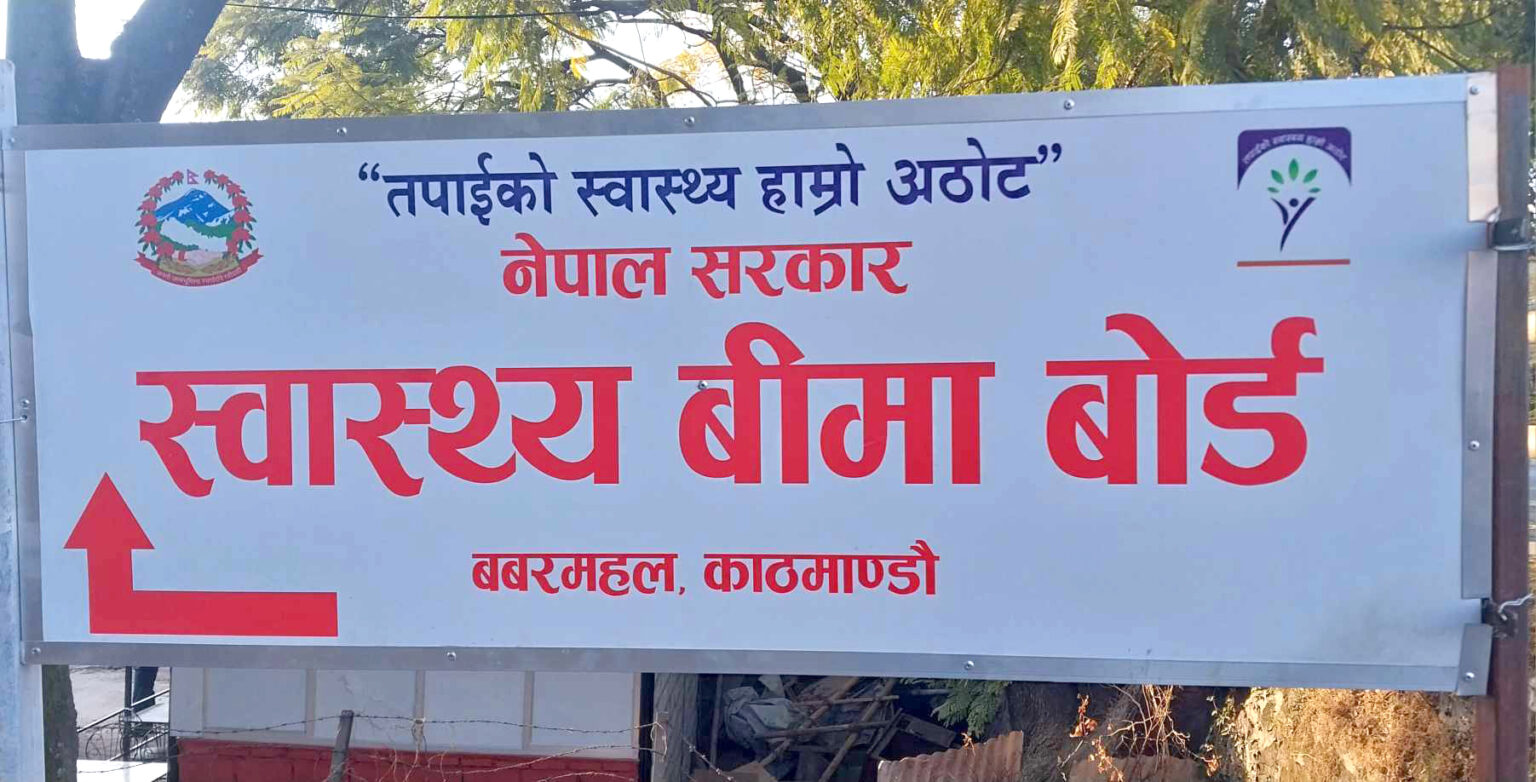Health Insurance Board Simplifies Referral Process for Patients with Serious Illnesses

Kathmandu — The Health Insurance Board has introduced new measures to simplify the referral process for insured patients, particularly those suffering from serious and complex diseases. The Board announced that once a patient has been referred from the first service point and continues treatment for the same condition at the same hospital, there will be no need for re-referral.
The decision was made by the Board’s Executive Director on Ashoj 27 to address recurring procedural challenges and complaints raised by insured individuals visiting referral centers. Following the decision, the Board has sent formal letters to all service-providing health institutions under its network, instructing them to implement the new provisions immediately.
According to the Board, the move aims to make the treatment process more convenient and efficient for insured patients. It applies to patients suffering from serious illnesses such as cancer, heart disease, kidney disease, head or spinal injuries, sickle cell anemia, Parkinson’s disease, and Alzheimer’s disease, who will now be able to continue their treatment at the same hospital without additional referral requirements.
The same provision also extends to families with extreme poverty identity cards, persons with severe disabilities, leprosy or HIV patients, those with complex tuberculosis, senior citizens over 70 years of age, and female community health volunteers. Similarly, patients with complex eye problems, pregnant and lactating women, asthma patients, and those with severe mental illnesses will also be exempt from the need for repeated referrals if they are continuing treatment for the same condition at the same hospital.
The Board has clarified that re-checkups or follow-up visits for the same disease, as well as post-emergency care, will no longer require a new referral. However, if a patient receives treatment in one department and later requires services from another department of the same hospital, the hospital must ensure the necessary coordination to continue the treatment process smoothly. In situations where services cannot be adequately provided even at a referral center, patients will be transferred to another nearby hospital to ensure uninterrupted care.
Additionally, the Board has directed hospitals to make special arrangements to provide accessible and convenient services for physically weak individuals, senior citizens, and persons with disabilities.
